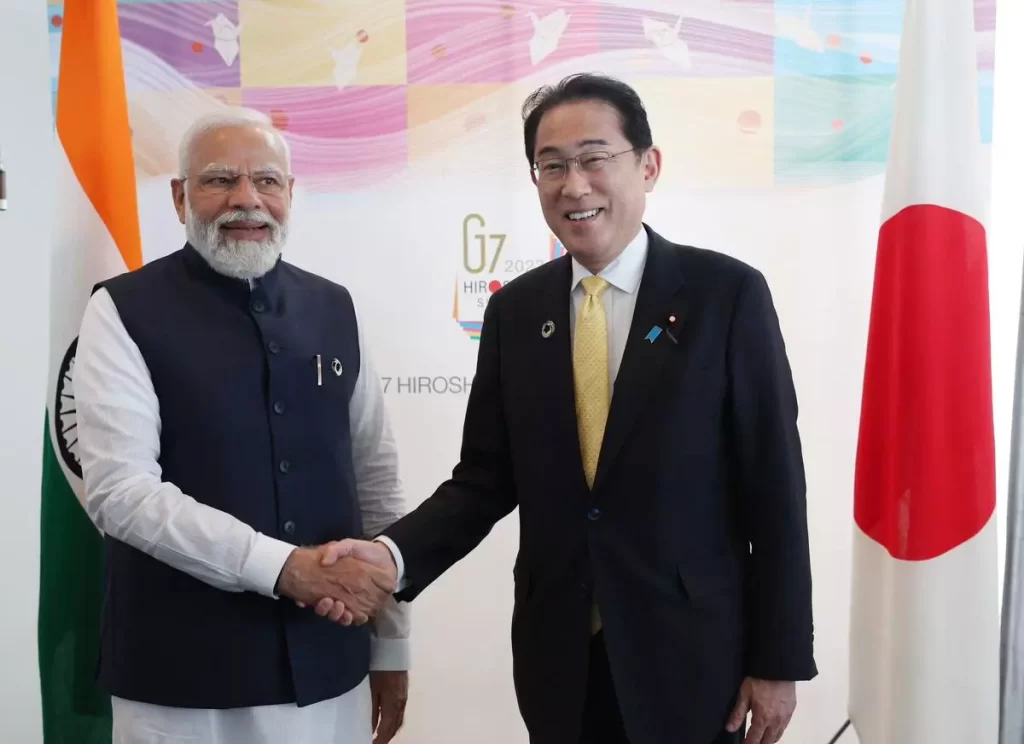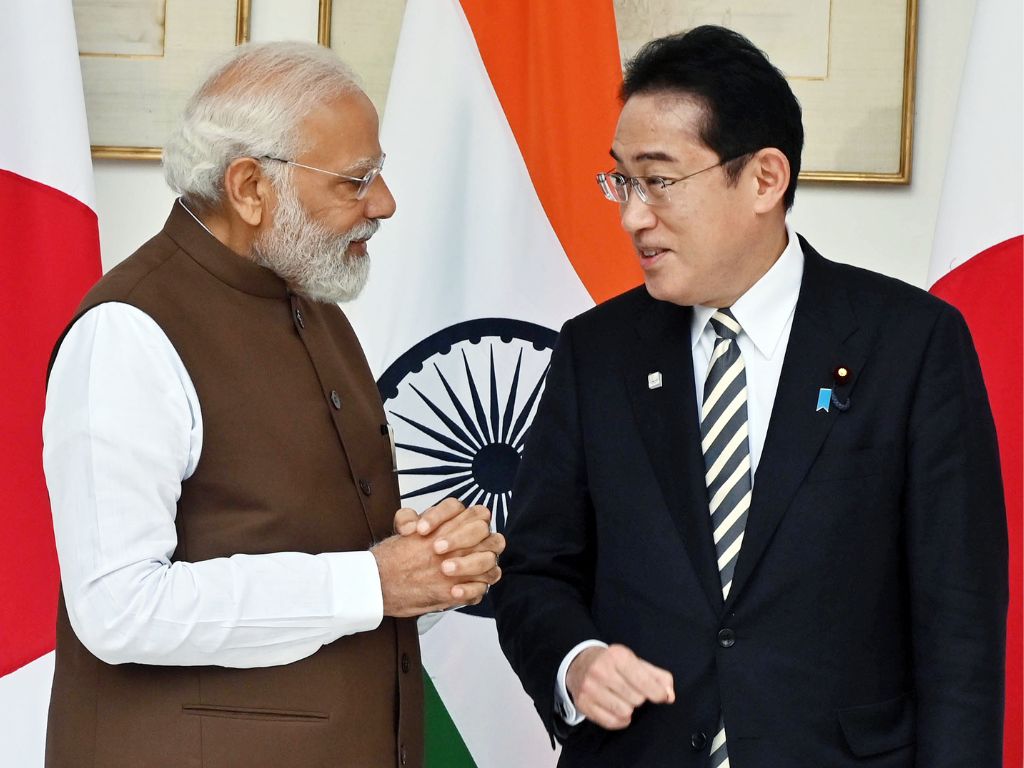From May 19 to 21, Narendra Modi, the Prime Minister of India will travel to Hiroshima, Japan, in order to attend the G-7 Summit, which is under Japan Presidency.
About the G7 Summit
The G7 Summit is an international forum held annually for the leaders of the G7 member states of France, the United States, the United Kingdom, Germany, Japan, Italy, and Canada (in order of rotating presidency), and the European Union (EU).
Highlights of the G7 Summit
At the G7 Summit, the G7 leaders, who share fundamental ideals like freedom, democracy, and human rights, candidly discuss pressing issues the international community is currently facing, like the global economy, regional affairs, and various global issues. As a result of these discussions, a document is released. The G7 has successfully addressed significant difficulties that the global community faces under the leadership of its leaders, who share core beliefs.
Why was G7 Summit hosted by Japan?

Japan will host the G7 Hiroshima Summit in 2023 when it holds the G7 Presidency. The fact that the G7 leaders meet in Hiroshima for talks is noteworthy since the city is still working for long-term world peace despite having recovered from the horrific effects of an atomic bomb.
According to Prime Minister Kishida, Japan would like to show the G7’s strong determination to categorically deny military aggressions, any threats of nuclear weapons, as well as attempts to overthrow the international order with historical significance at the G7 Hiroshima Summit in 2023, as the world faces an unprecedented crisis brought on by the aggression against Ukraine and the growing risk of using weapons of mass destruction. Considering these factors, the Japanese government opted to host the Summit.
READ ALSO-Adani Green intends to sell shares to fund up to ₹6,000 crores.
The G7 leaders will attend the G7 Hiroshima Summit to learn about the reality of nuclear weapon usage and to express their wish for peace. Japan anticipates that it will strengthen efforts to eliminate nuclear weapons from the globe. Furthermore, Japan may once more emphasize the value of peace by demonstrating to the world how well Hiroshima recovered from the atomic bombing.
Objectives discussed by PM Modi during the Summit–
The Prime Minister will also hold bilateral discussions with a number of summit participants. After his stay in Japan, he will go to Port Moresby, Papua New Guinea, where, along with Prime Minister James Marape of that country, he will co-host the third Forum for India-Pacific Islands Cooperation (FIPIC III Summit) on May 22.
An initiative was taken by Japan
The G-7 industrialized nations discussed about the potential of eliminating coal-fired power generation by 2030 last year. However, they finally decided not to establish a firm timeline for this changeover because of objections from Japan.
The goal of keeping the increase in global temperature to 1.5 degrees Celsius above pre-Industrial Revolution levels will be discussed by the G-7 ministers. The conclusions of a recent assessment by the Intergovernmental Panel on Climate Change, which emphasize the necessity of reducing global greenhouse gas emissions by 60% from 2019 levels by 2030 in order to attain the desired outcome, provide the basis for this target.



